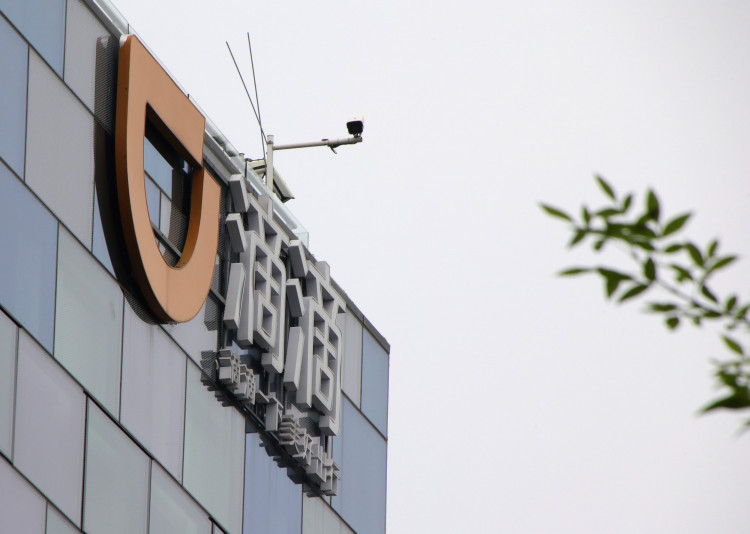China's leading ride-sharing firm, Didi Chuxing, is reportedly in talks with Philippine transportation firm U-Hop as it seeks to expand further in the Asia-Pacific region. A local politician has confirmed the discussions.
According to local news outlet The Inquirer, Filipino politician Luis "Chavit" Singson, revealed that negotiations were ongoing with the Chinese ride-sharing provider. Singson said the partnership aims to "break the monopoly of Grab."
Singson referred to the leading ride-sharing company in the country that has yet to face a real challenge from other competitors. The politician further revealed that if the partnership pulls through, Didi's Philippine entry would pull prices down.
In the Philippines, there are only 10 Transport Network Companies (TNCs) allowed to cooperate in the ride-sharing market. U-Hop Transportation Network Vehicle System Inc. is just one of them and Singson is the owner.
Didi, on the other hand, is considered as China's answer to Indonesia's Go-Jek, which made an effort to enter the growing Philippine ride-sharing market but failed.
Go-Jek's failure was a result of strict foreign-ownership policies of the country's Land Transportation Franchising and Regulatory Board (LTFRB). The said organization blocked Go-Jek from entering the country.
Industry experts noted that Didi Chuxing may try to overcome the same stumbling blocks Go-Jek met along the way by studying the Philippines' foreign business policies and adhering to them before making an entry.
The LTFRB's policies aren't the only aspects of establishing a ride-sharing business in the country. The Philippine Competition Commission (PCC) is another eagle-eyed group antitrust regulator that has been hot on the heels of ride-sharing firms such as Grab and Uber.
Didi was also reported to have set its eyes on Latin America's Costa Rica region. The Chinese company's LinkedIn profile displayed a job post for driver operations in the country last month.
The firm already has a blueprint in several countries in Latin America including in Chile, Colombia, and Mexico. It remains to be seen whether Costa Rica will officially be added to the list.
Meanwhile, Didi has completed its safety upgrade report that was submitted to the Chinese Ministry of Transport late last month. According to Pandaily, the upgrade included artificial intelligence (AI) solutions as well as capacity-building reforms to improve customer service.
The safety overhaul's implementation has helped reduce complaints of crimes on the platform and is expected to further improve Didi's services. The revamped safety list now includes over 20 safety features that should help customers alert authorities in case of emergencies.
Should Didi Chuxing successfully enter the Philippine market, it is expected that the company's Asia-Pacific blueprint will be established.





